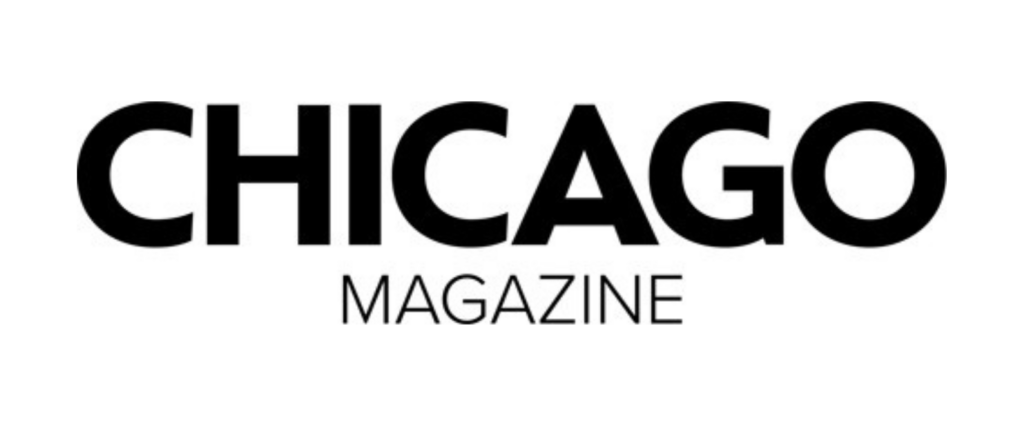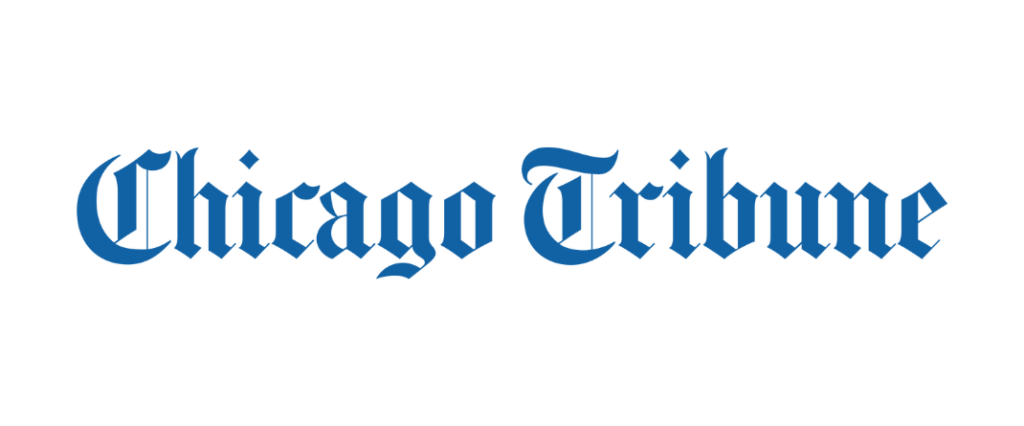Nov 2024
Policy Experiment Stations to Accelerate State and Local Government Innovation
The Federation of American Scientists (FAS) published this memo about strategies for building capacity and accelerating state and local government innovation.
Each year the federal government transfers approximately $1.1 trillion to state and local governments. Yet, most states and localities rarely evaluate whether these funds are actually improving their communities.
Recent research points to a powerful solution: fostering partnerships between government agencies and local universities—something we specialize in at the University of Chicago Crime Lab and the University of Chicago Education Lab.
This policy brief outlines an exciting vision for “Policy Experiment Stations.” These stations are designed to revolutionize how state and local governments leverage evidence and data to drive innovation and address critical challenges.
This memo is part of the Federation of American Scientists’ larger effort to champion bold, science-driven ideas that can help build a more prosperous, equitable, and safe future for all.
Latest Updates
A History of Violence
Chicago Magazine’s Paula Kamen profiles Crime Lab Pritzker Director Jens Ludwig to discuss his new book, “Unforgiving Places: The Unexpected Origins of American Gun Violence,” which offers social policy strategies for creating safer communities.

Editorial: A recognition that good policing starts from the top
The Crain’s Editorial Board highlights a $15 million gift from the Sue Ling Gin Foundation to support the Crime Lab in adapting its Policing Leadership Academy to provide management training to the Chicago Police Department’s leadership ranks.

Jens Ludwig: The unforgiving origins of Chicago gun violence
Regular Tribune Opinion contributor Jens Ludwig, Pritzker director of the University of Chicago Crime Lab, has a new book, “Unforgiving Places: The Unexpected Origins of American Gun Violence,” to be published April 21 by the University of Chicago Press. In this exclusive, lightly edited extract from Chapter One, Ludwig explores what caused three lives of young Chicagoans to change forever.

